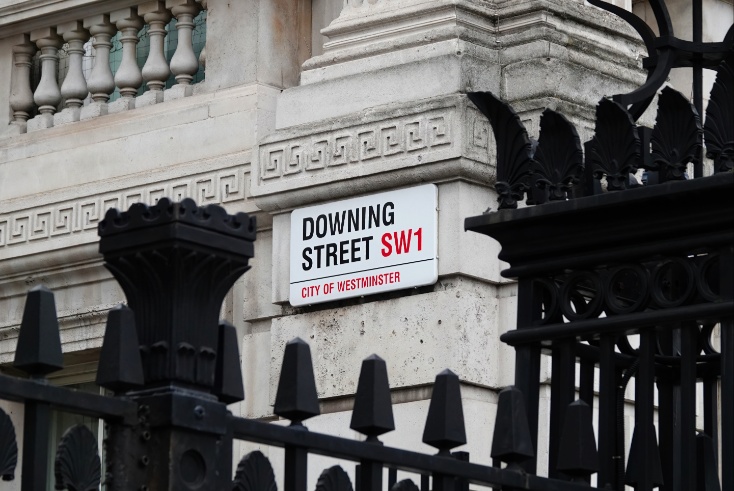Brands need a scalpel, not a sledgehammer, when it comes to political content


Advertisers are increasingly turning to pre-bid tools to avoid potentially harmful content, new research suggested.
Dan Slivjanovski, chief marketing officer at DoubleVerify, told The Media Leader that in its research around election-based content, there has been a growing use of pre-bid protections, which allow advertisers to apply brand safety and suitability controls before a bid is placed.
The latest findings on post-bid impressions from DoubleVerify’s Election Task Force found that rates of “inflammatory politics and news” (IPN) were down 38% in the first five months of 2024 compared with the same period in 2023.
Meanwhile, the rate of “high-risk hate speech and cyberbullying” (HRHS) content dropped by 71% year on year in the first quarter of 2024.
The task force was set up four years ago ahead of the previous election cycle, after DoubleVerify noticed “some disturbing trends”, said Slivjanovski.
He said the issues currently facing the media and advertising landscape were “unprecedented”, with made-for-advertising and AI deepfakes in particular on the rise.
However, Slivjanovski cautioned advertisers to “use a scalpel instead of a sledgehammer” when it comes to brand safety online, particularly regarding political content, so as to not deprive consumers of information, publishers of revenue and advertisers of quality inventory and reach.
DoubleVerify’s task force monitors election-related topics across several types of inventory, including programmatic, connected TV and social media, and identifies “inflammatory content” such as conspiracies and AI-amplified controversies.
While this type of content has trended downwards in the year to date, the research found that there was a 55% increase in the rate of IPN on 22 May, the day the general election was called, from the same date the previous year.
The task force also identified a 179% rise of HRHS on 28 February, following allegations of antisemitism and islamophobia between the Conservative and Labour parties.
Another noticeable spike was the rate of HRHS increasing by 145% after the outbreak of the Israel-Hamas war. Meanwhile, Slivjanovski also noted increases in this type of content around social movements, including Black Lives Matter.
Previously, HRHS also rose surrounding stories on the Partygate scandal, Boris Johnson’s resignation, the Conservative leadership contest, Liz Truss’ time in government and Rishi Sunak’s appointment as prime minister.
With half of the world’s population going to the polls this year, DoubleVerify reported spikes in IPN and HRHS in other markets, with the US recording a year-on-year rise of 15% and 22% in January and February respectively.
